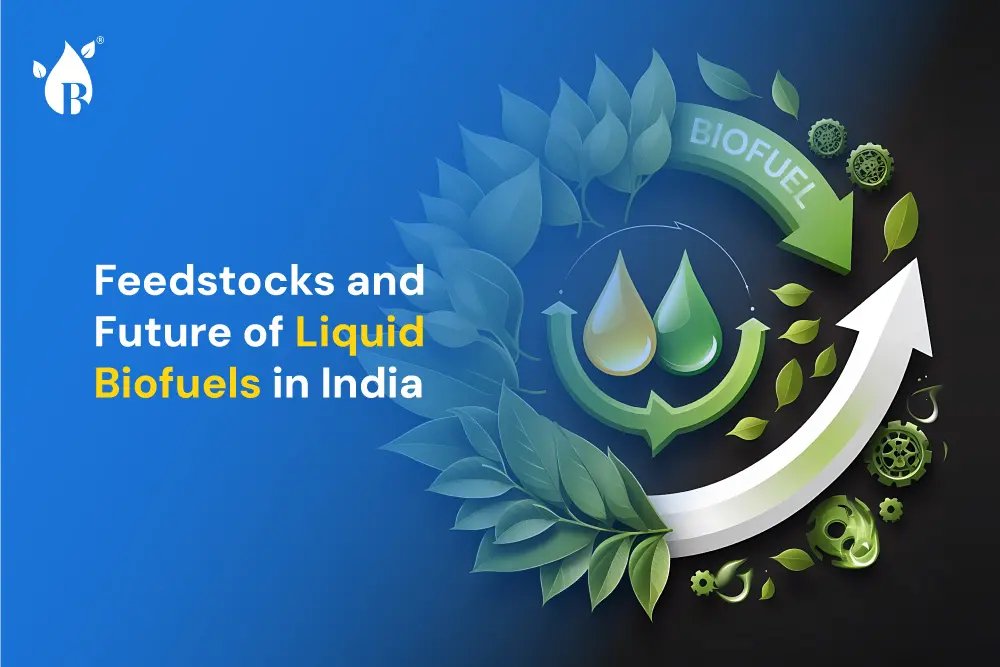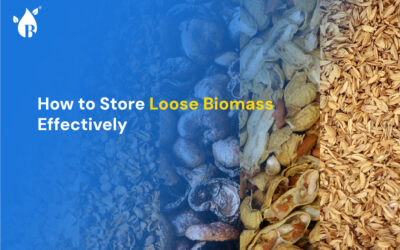India’s liquid biofuel sector is evolving, driven by the urgent need for sustainable energy and the availability of diverse feedstocks. The most common feedstocks used in liquid biofuel production in India include Used Cooking Oil (UCO), animal tallow oil, and palm stearin, with a growing focus on acid oils and fatty acids. These feedstocks not only offer cost-effective options but also address critical environmental challenges related to waste management.
As industries turn to liquid biofuels for reducing their carbon footprint, bioethanol produced from sugarcane molasses and corn starch is gaining traction. The government’s Ethanol Blending Program (EBP) supports this by promoting higher ethanol blends in gasoline, which helps reduce the fuel import bill and lower emissions.
Looking ahead, the focus is shifting to second-generation biofuels, which utilize non-food biomass such as agricultural waste. This strategy not only mitigates competition with food crops but also enhances sustainability in India’s liquid biofuels supply chain. For businesses prepared to invest in the liquid biofuel ecosystem, the future is bright—liquid biofuels are becoming a cornerstone of India’s renewable energy portfolio.
How Liquid Biofuels Are Transforming Aviation and Shipping
As India’s aviation and shipping industries grapple with rising pressure to reduce carbon emissions, liquid biofuels have emerged as a crucial solution. Both sectors rely heavily on high-energy-density fuels that are challenging to replace with electric alternatives in the short term. Liquid biofuels, such as biodiesel and bioethanol, offer a renewable option to traditional fuels like jet fuel and marine diesel.
For the aviation industry, bio-jet fuel derived from Used Cooking Oil (UCO), animal fats, and palm stearin can cut CO2 emissions by up to 80%, making it a compelling choice for airlines aiming to meet stringent carbon reduction targets. Frameworks like CORSIA (Carbon Offsetting and Reduction Scheme for International Aviation) are pushing the adoption of liquid biofuels as a critical measure for sustainable air travel.
In parallel, the shipping industry, which contributes significantly to global GHG emissions, is exploring liquid biofuels like bio-LDO (light diesel oil) and bio-FO (furnace oil) derived from feedstocks such as acid oils and fatty acids. These liquid biofuels provide a practical pathway to decarbonizing maritime transport without necessitating major engine modifications, thus ensuring a smoother transition to cleaner operations.
As regulations tighten around emissions, both industries are increasingly viewing liquid biofuels as an immediate, scalable solution to mitigate their environmental impact while fulfilling global transportation demands.




